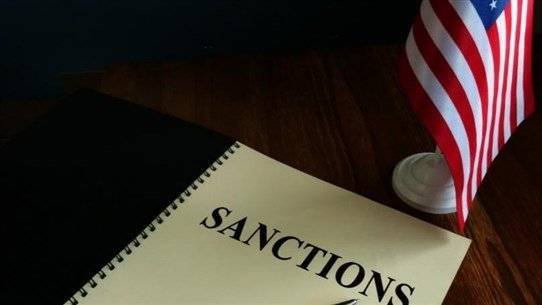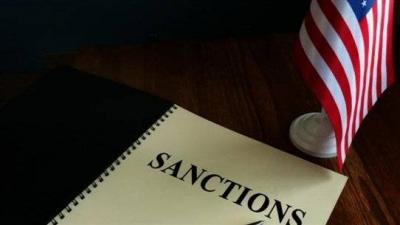While some individuals listed on US sanctions lists are working hard to clear their names in the eyes of the world, it seems that Washington is heading in the opposite direction, determined to go further in pursuing anyone who supports corruption or terrorism in Lebanon. The US Department of Justice has accused three Lebanese individuals of scheming to smuggle weapons from Cleveland, Ohio, to Lebanon, in addition to tax evasion. According to US reports, three indictments were revealed in a federal court detailing the charges against the three men, two of whom were previously from Northeast Ohio; it is believed they currently reside in Lebanon. The individuals mentioned in the indictment are George Nakhle Ajaltouni (47 years old) formerly of North Olmsted, Jan Youssef Issa (48 years from Batroun, Lebanon), and Nakhle Mike Nader. The information noted that "both Nader, Ajaltouni, and Issa are accused of their roles in a scheme to illegally smuggle and ship arms from Cleveland to Lebanon, with Issa recently apprehended under an Interpol red notice."
The three indictments revealed yesterday depict separate instances, one related to Issa, one concerning Ajaltouni alone, and the last concerning Nader. While the schemes are separate, Ajaltouni and Nader are believed to be friends and are currently residing near Batroun in Lebanon. The indictments were originally filed between 2016 and 2019, and efforts to apprehend Ajaltouni and Nader are still ongoing. According to information disclosed by informed political sources to "Al-Markazia," Nader and Ajaltouni are close to the head of the Free Patriotic Movement, Deputy Jibran Bassil. Additionally, Ajaltouni is part of the security detail for former Lebanese Foreign Minister Bassil. Nader, for his part, has a tattoo of Hezbollah's Secretary-General, Hassan Nasrallah, on his stomach. The sources indicate that all of this information will not aid Bassil in his efforts to polish his image again and to market himself as a potential presidential candidate.
In any case, the United States is not the only entity waiting for members of the ruling system "at the elbow," especially if they do not facilitate reforms or complete the presidential elections on time. Europe is on the same line. The European Union announced yesterday the extension of its framework for restrictive measures concerning Lebanon for an additional year. These measures allow for "sanctioning individuals and entities that undermine democracy in Lebanon." The main goal of the EU's new global human rights sanctions regime is to enable the EU to effectively and directly defend human rights, one of the EU's core values and a pillar of its foreign policy. Respect for human dignity and freedom, democracy, equality, the rule of law, and human rights is the foundation of the EU's external action. The EU uses sanctions as a political tool to target policies or activities that it seeks to influence, as well as the means and individuals responsible for those policies or activities. The targets can include both governmental and non-governmental entities. The EU sanction regime can prohibit perpetrators from entering the EU, freeze their assets within the EU, and prevent any person from the EU from providing funds and economic resources to them.




